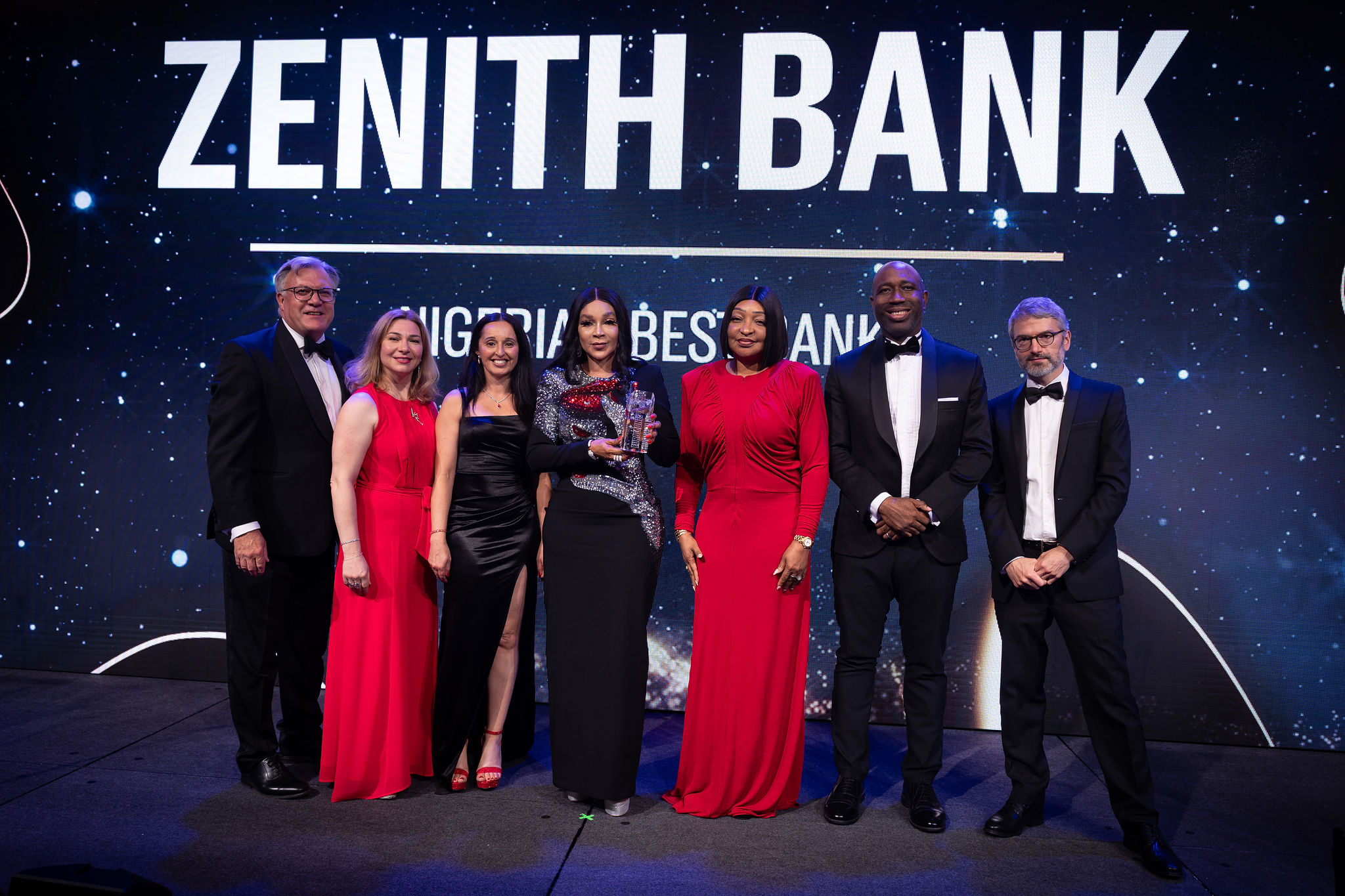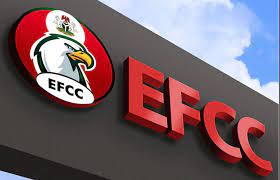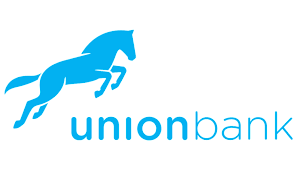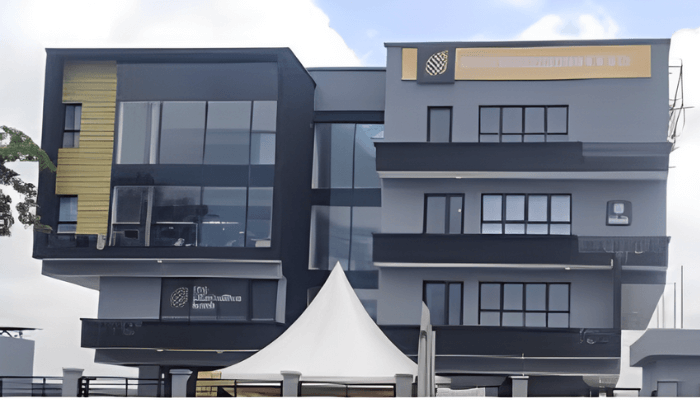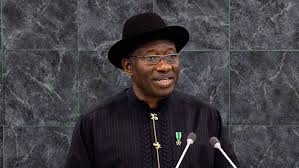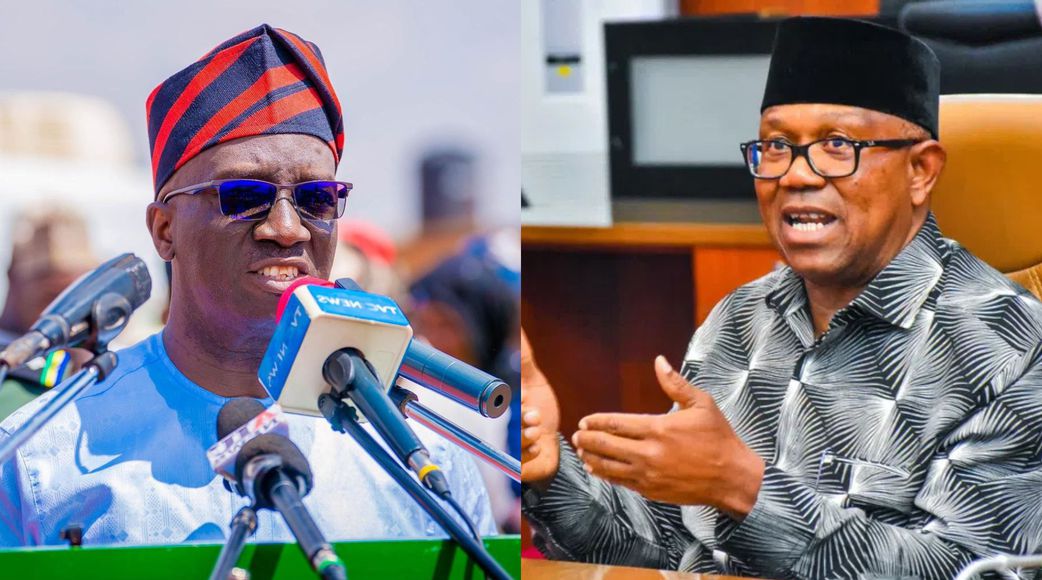By Ayomide Otitoju
Former President Goodluck Jonathan has called for the full automation of the Bimodal Voter Accreditation System (BVAS) and the Independent National Electoral Commission’s (INEC) Results Viewing Portal (IREV) to enhance public trust in Nigeria’s electoral process.
Speaking on Tuesday at the YIAGA Africa Reflection Conference on Democratic Elections in West Africa, held in Abuja, Jonathan emphasized that the controversy surrounding the malfunctioning of IREV during the 2023 presidential election could have been avoided if the technology had been properly automated to minimize human interference.
“The issue of controversy about BVAS and IREV, for example—if BVAS captures data, that data should be automatically uploaded to the IREV,” he stated. “It should not depend on a human interface that could create unnecessary glitches. If fully automated, it would be seamless and free from manipulation.”
Jonathan noted that while technology alone cannot resolve all electoral challenges in Nigeria, it remains essential to improving the credibility of elections.
BVAS and IREV were introduced by INEC to enhance voter accreditation and enable electronic transmission of election results. However, despite promising real-time result uploads during the 2023 elections, INEC failed to deliver on this commitment, citing technical glitches.
‘Too Many Ghost Voters in Nigeria’
The former president also raised concerns over voter turnout in Nigeria, suggesting that inflated voter registers contribute to low participation in elections.
“At the end of elections, you hardly get up to 40% voter turnout. Do you believe that is accurate? My belief is that we have too many ghost voters,” Jonathan said.
He argued that when elections are closely contested and manipulation is difficult, only genuine voters determine the outcome, often leaving participation levels at around 50%.
Jonathan’s remarks add to the ongoing debate on electoral reforms, with many stakeholders calling for enhanced transparency and efficiency in Nigeria’s voting process.

